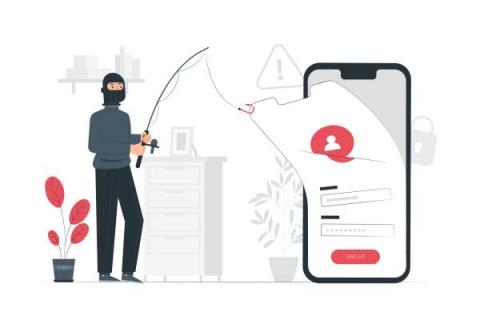Fake ChatGPT Scam Turns into a Fraudulent Money-Making Scheme
Using the lure of ChatGPT’s AI as a means to find new ways to make money, scammers trick victims using a phishing-turned-vishing attack that eventually takes victim’s money. It’s probably safe to guess that anyone reading this article has either played with ChatGPT directly or has seen examples of its use on social media. The idea of being able to ask simple questions and get world-class expert answers in just about any area of knowledge is staggering.










